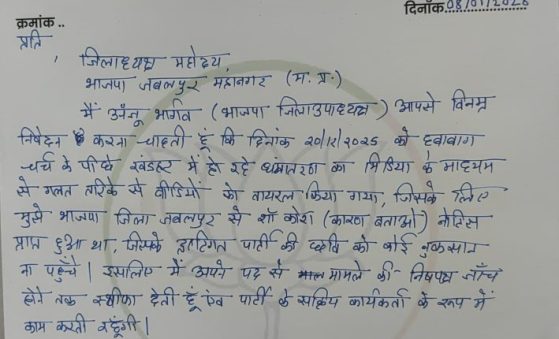The United Nations Children's Fund (UNICEF) on Sunday divulged that over 300 million children in South Asia, almost half the total number, were trapped in poverty.
The latest report by the UN children's agency implored the leaders of South Asian countries to seek new ways of addressing child poverty by checking deprivation of children's seven basic needs: food, education, health, information, shelter, water and sanitation.
"We now have a better understanding of the real depth of how poverty affects children -- not just as a side effect of their parents' income but their own profound deprivation," says UNICEF Regional Director for South Asia, Daniel Toole.
"Unlike any other region in the world, due to persistent and deep inequalities in the region, children in South Asia become trapped in an unrelenting cycle of discrimination at several levels-- poor nutrition, health and sanitation and being excluded from education."
Toole was speaking at the opening session of a three-day regional conference in Dhaka on "Achieving Child Wellbeing and Equity in South Asia".
Child poverty rates in South Asia, according to UNICEF, has stagnated or even worsened in some areas over the past decade. Therefore, it says a more holistic approach in achieving children's well-being is urgently necessary.
"Investing in children is both a fundamental responsibility and an opportunity that, if not grabbed now, will tarnish a nation's growth," says Toole. ""This is a responsibility because poverty and under-nutrition damages a child's chance to thrive and also hampers the potential of countries to develop."
According to Toole, more than other interventions, investing resources into good nutrition, primary health care, education and protection for children will provide rich rewards in future.
UNICEF has suggested investment to scale-up national programs on nutrition and associated health interventions, including community-based management of acute malnutrition, newborn and maternal health initiatives.
It said support to basic health services through childhood, youth and early adulthood for women, as well as improving access to water, sanitation and hygiene and education was also required.




